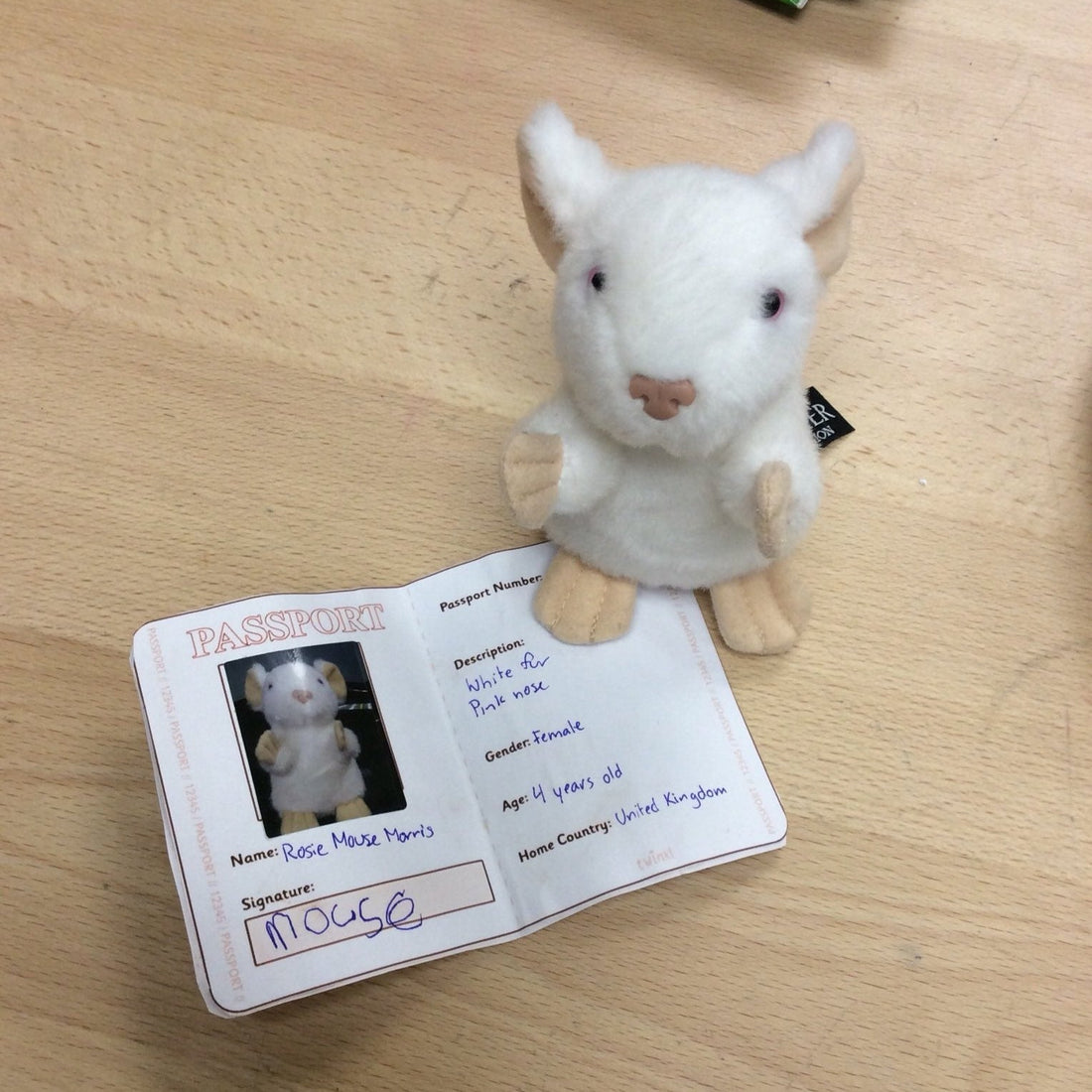
5 Strategies for Building Effective Partnerships with Parents
Establishing strong relationships with parents and caregivers is essential as children start primary school or nursery. These partnerships help ease the transition for children and create a supportive environment that enhances their learning and development.
Starting nursery or primary school is a significant milestone for children and their families. A smooth transition supports children's emotional well-being and lays the groundwork for a successful educational experience. Building positive relationships with parents and caregivers is crucial in this process, as it ensures that children feel secure and supported both at home and in school.
The Importance of Parental Engagement
Research shows that parents' and carers' active involvement in their children's education significantly boosts academic success, regardless of the family's background. The EYFS framework emphasises this collaboration, highlighting that children learn to form friendships, cooperate, and resolve conflicts peacefully through supported interactions.
When parents are actively involved in their child’s education, it significantly enhances learning outcomes and emotional resilience. By fostering strong home-school relationships, educators can help children feel more confident and settled in their new environment, encourage consistency between home and school expectations, and identify and support individual learning and developmental needs.
5 Strategies for Building Effective Partnerships
- Open Communication: Establishing transparent, honest, and regular communication channels helps understand each child's unique needs. You can achieve this through informal chats during drop-off and pick-up times, scheduled meetings, or digital platforms. Such interactions provide insights into children's interests and home environments, enabling tailored support. Providing parents with resources like those in the Mouse Club Project Pack helps them feel more connected to their child's school experience. It gives them practical ways to support learning at home.
- Creating a Welcoming Environment. Parents should feel comfortable and included in the school community. Hosting Stay and Play sessions or open classroom mornings allows families to familiarise themselves with the school setting.
- Cultural Sensitivity and Inclusivity: Recognising and respecting families' diverse cultural backgrounds enriches the educational experience. Meeting parents face to face and building relationships from the beginning empowers parents to share their children’s knowledge, experiences, and abilities with you.
- Collaborative Learning Experiences: Inviting parents to participate in classroom activities, workshops, or special events fosters a sense of community. These opportunities allow parents to engage directly with their child's learning journey and strengthen the home-school connection.
- Feedback and Reflection: Encouraging parents to share their perspectives on their child's experiences promotes mutual respect and continuous improvement. Utilising.
By prioritising these strategies and utilising available resources, you can create a collaborative atmosphere that supports children's holistic development as they transition into primary school or nursery. To access our carefully designed resources, visit our shop.
